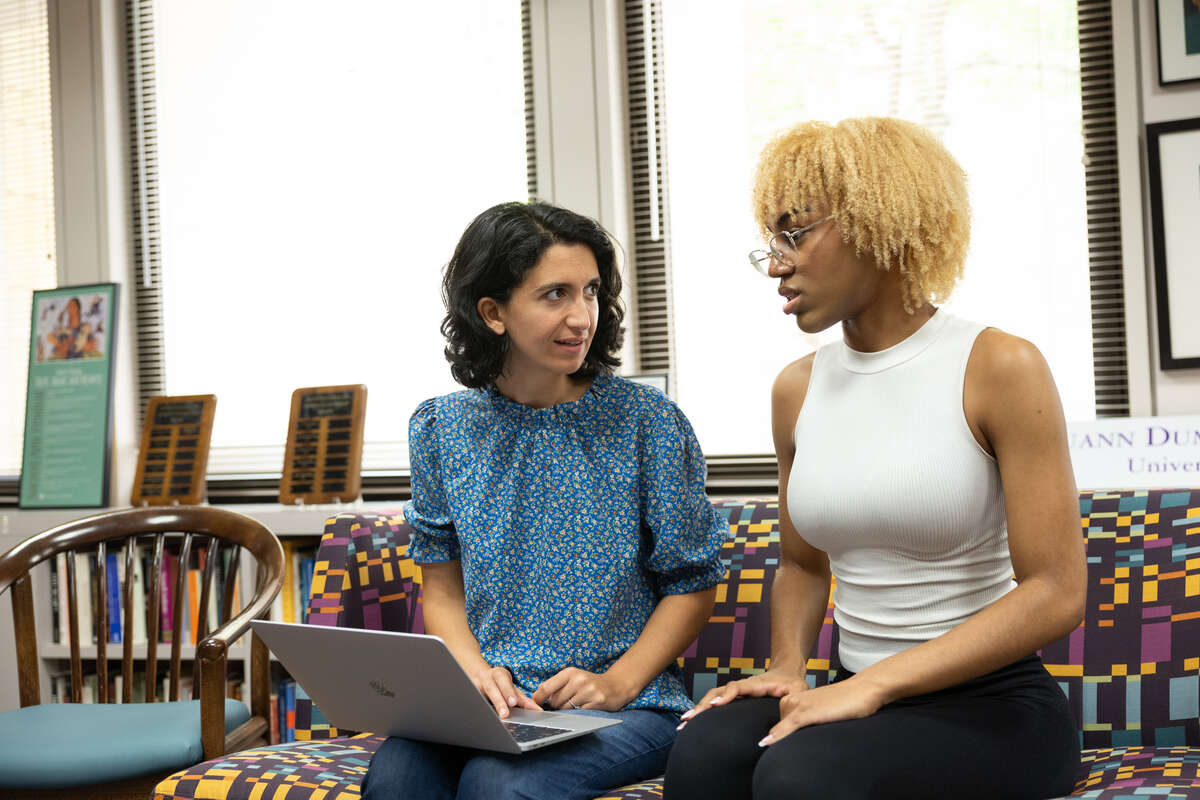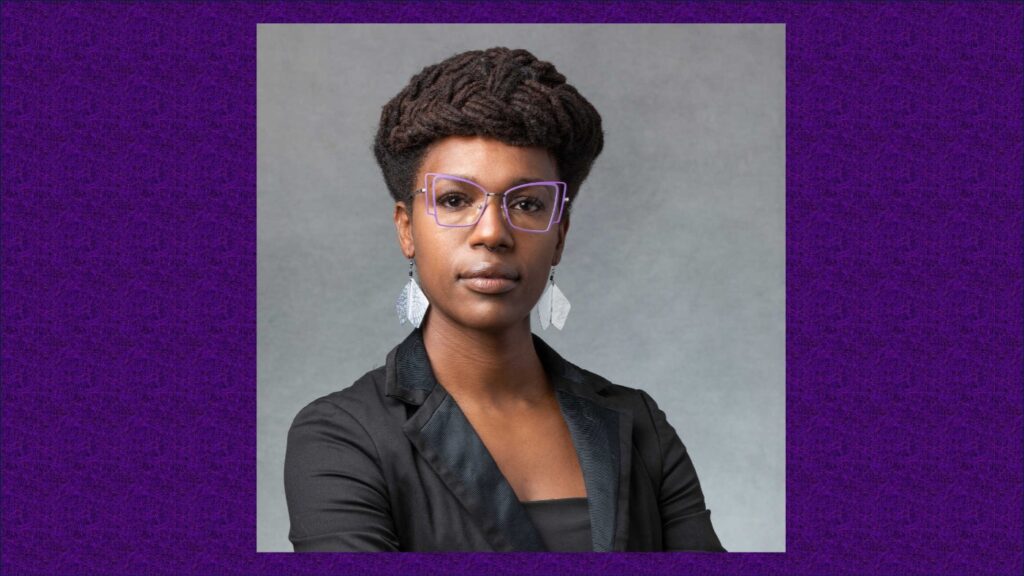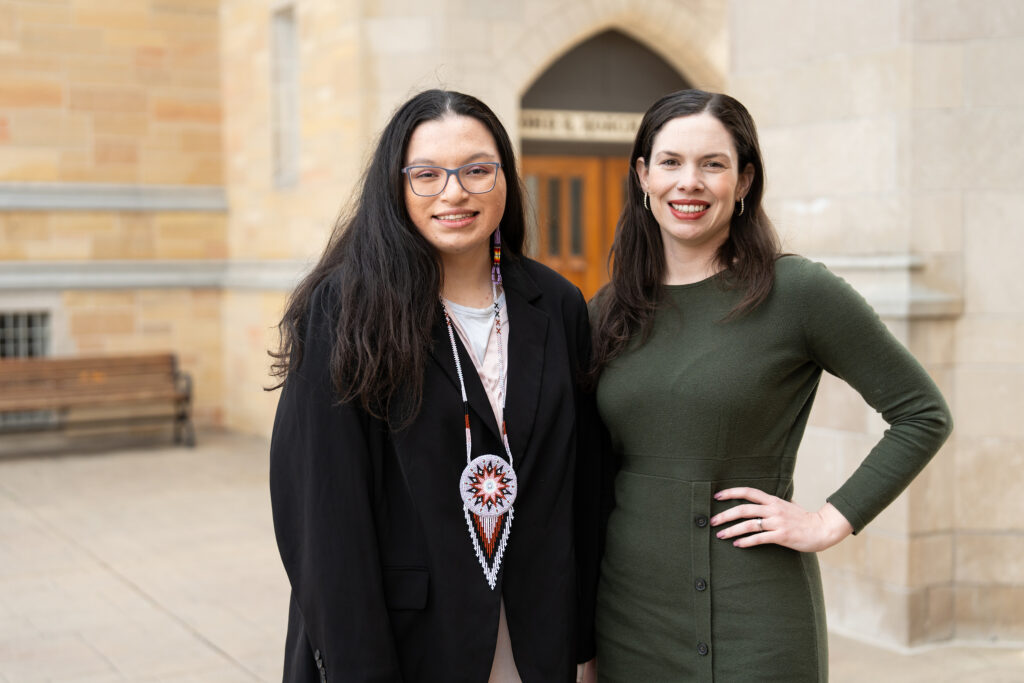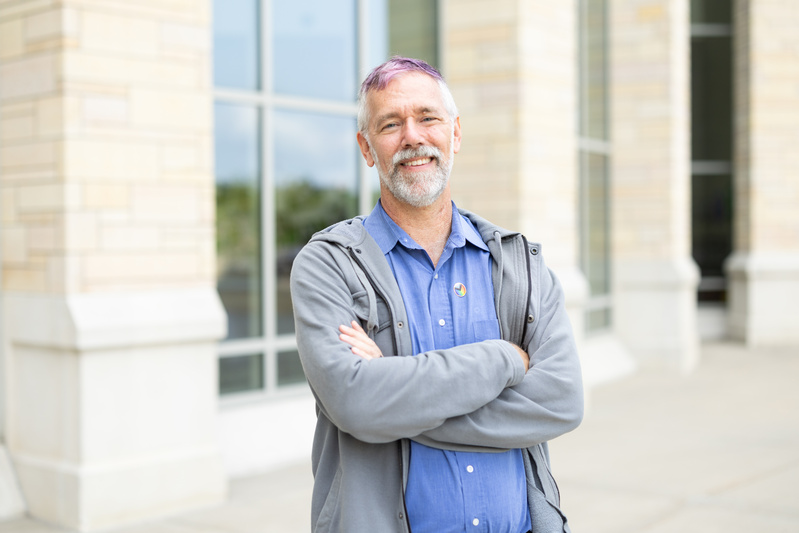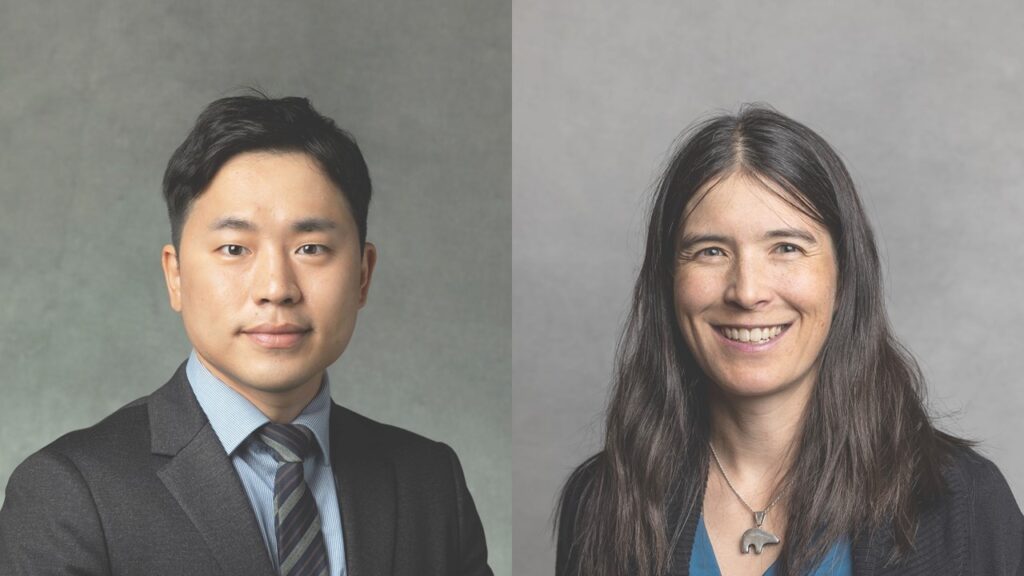Through St. Thomas’ Undergraduate Research Opportunities Program (UROP), more than 50 university students had the opportunity this summer to work with faculty mentors on a variety of research projects.
The program’s grant funding means that students get paid for their work and research. Forty-two Young Scholars, 10 Ignite Research Scholars, one Sustainability Scholar, two Community-Based Researchers and one Dougherty Family College Summer Scholar participated this summer.
The Newsroom connected with some of the student scholars to find out more about what they studied, what it’s like to work with a faculty mentor and how their research benefits their academic careers.
Name: Rachel Petties
Year: Sophomore
Major: International relations-political science
Research Title: “Medicine, Food and Culture in Iran”
Faculty Mentor: Shaherzad Ahmadi, History
Grant: Ignite Research Scholars
Describe what you’re researching this summer.
This summer I’m researching medicine and health in 19th-century Iran. More specifically, I am analyzing what story can be told about Iranian infrastructure for public health through census records. The ultimate goal for my mentor and me is to create a website that acts as an easily accessible statistical database for these census records alongside blog posts that succinctly explain the story they illustrate.
What is the most interesting thing you’ve found so far in your research?
The most interesting thing I’ve found so far in my research was not in the numbers themselves, but in the process of organizing them. The bulk of my summer research project was spent ordering books and cataloging relevant census data. Unexpectedly, analyzing that data for our website was a relatively small part of our overall project. In those long hours of scanning and flipping through statistical reflections I grew a deeper understanding of how to build a foundation for a project. That can be much more important than curating the final visual project itself.
What has been the most valuable part of having funded research be part of your undergraduate experience at St. Thomas?
Hands down, the experience of researching and creating a project itself was infinitely valuable. I used to read about other students creating apps or participating in community work in the St. Thomas newsletter. I had convinced myself that my own abilities were so far removed from that kind of success. With the help of my mentor, I was able to learn how to approach a project slowly, sensibly and practically. It is my first real step into becoming a researcher and taking on future projects.
What have been the biggest benefits of working with an academic adviser like you have this summer?
The biggest benefit of working with my faculty mentor this summer was learning from her experience as a past student and researcher. She taught me what realistic progress looks like on a short-term research assignment like ours. She also showed me what materials are accessible to me as a student, such as the interlibrary loan and machines in O’Shaughnessy-Frey Library that were open for public use. As a student myself, I was happy to learn from her mistakes and successes and apply that to my first real project. Most importantly, she encouraged me to approach this project in a way that built my resume and complemented my major.
Name: Abbey Cornelius
Year: Senior
Major: Psychology
Research Title: “Why Do College Students Use Swipe Dating Apps?”
Faculty Mentor: Patricia Maddox, Sociology and Criminal Justice
Grant: Young Scholars
Describe what you’re researching this summer.
I have been conducting research on the motivating factors behind college students’ use of swipe dating apps. I am examining four main categories: hookups, entertainment, relationships and community. Additionally, I am investigating whether these motivations are influenced by factors such as age, gender, race, religion and sexuality.
What is the most interesting thing you’ve found so far in your research?
The most interesting thing I have found thus far is that a significant number of participants swipe primarily based on physical attractiveness for the purpose of entertainment and are not looking for long-term partners. Another significant finding is that approximately 70% of participants have met with individuals from swipe dating apps, but only around 25% have established committed romantic relationships on said apps.
What has been the most valuable part of having funded research be part of your undergraduate experience at St. Thomas?
Having the opportunity to have a funded research project has alleviated the need to secure additional summer income, enabling me to fully immerse myself in the research experience.
What have been the biggest benefits of working with an academic adviser like you have this summer?
Working with Dr. Maddox has been an amazing experience. Having a research adviser provides a constant source of ideas and guidance. Dr. Maddox is always willing to offer advice and has been an excellent person to bounce ideas off. Additionally, since Dr. Maddox is also working on her own research this summer, we have encountered similar challenges and easily relate to one another.
Name: Dheeraj Essarani
Year: Junior
Major: Data analytics with economics
Research Title: “Corporate Compliance and Ethics FTW!”
Faculty Mentor: Stacey Supina, Ethics and Business Law
Grant: Ignite Research Scholars
Describe what you’re researching this summer.
I’m doing research on top worldwide corporations and their divisions with highest revenue, as well as their board members and diversity within their organizations. Throughout the study, I also examined and comprehended the compliance and ethical performance in a business and its effects on the organization, since organizations that provide a safe and secure environment for their employees are more likely to have pleased employees who also feel valued. Organizations who do not follow laws and regulations risk being fined, and workers who work therein often encounter hazardous situations.
What is the most interesting thing you’ve found so far in your research?
Throughout my research, the most fascinating thing I discovered was the board’s diversity and how it contributes to success. It assisted the organization’s expansion across numerous locations through their board members. And that diversified culture introduced a valuable and inclusive culture into the business, which also contributed to the workers’ satisfaction rate. It interests me since that is what I would like to work at in the future, and watching the interviews and the ideas that different individuals provide has been incredible.
What has been the most valuable part of having funded research be part of your undergraduate experience at St. Thomas?
The most important element of the funded research is the knowledge I gained about the value of every small contribution, whether on the board or as a regular employee, to success and advancement. It broadens my awareness of compliance and ethical rules that safeguard employees’ rights, which I can share with my family, friends, and communities in my home state and nation that have been leaders in the business sector. I believe we still need some compliance and ethics, and developing a compliance program is something I hope to promote back home after studying and working in research.
What have been the biggest benefits of working with an academic adviser like you have this summer?
My faculty mentor has been a great assistance in clarifying my mistakes and places for improvement, allowing me to perform better and improve things.
